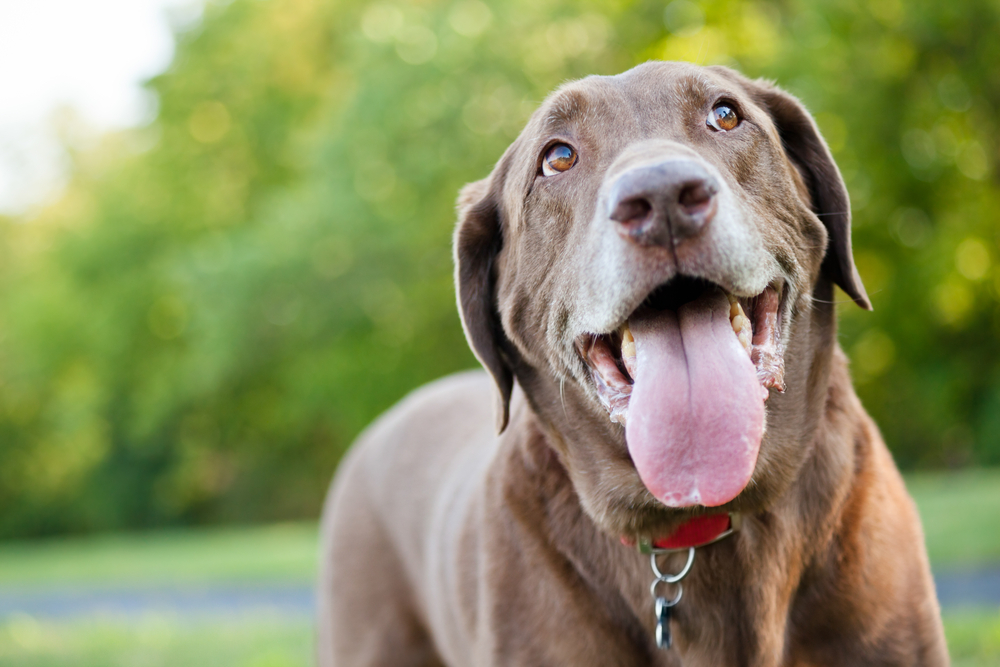
Pet drooling is a natural occurrence for many animals and is typically a normal part of their behavior. However, excessive, or sudden changes in drooling can indicate underlying health issues that may require attention.
Normal Pet Drooling
- Breed Specificity: Some breeds, such as St. Bernards or Bulldogs, are known for their tendency to drool more than others due to their physiological characteristics.
- Anticipation of Food: Pets often drool in anticipation of mealtime or when presented with particularly appetizing food or treats.
- Heat Regulation: Dogs may drool to help regulate their body temperature, especially when they are hot or panting.
- Excitement and Stress: Pets may drool when feeling excited or stressed, such as during play or in unfamiliar environments.
When Should You Be Concerned?
- Sudden Increase in Drooling: A sudden and significant increase in drooling, especially if it's persistent, could be a sign of an oral health issue, ingestion of a toxic substance, or an underlying health problem.
- Accompanied by Other Symptoms: Excessive drooling along with other symptoms such as vomiting, diarrhea, lethargy, or loss of appetite may indicate an underlying illness or poisoning.
- Drooling in Cats: Cats generally don't drool as much as dogs, so if you notice excessive drooling in a cat, it may warrant a visit to the veterinarian for evaluation.
- Pain or Discomfort: Drooling accompanied by signs of pain, such as whining, pawing at the mouth, or reluctance to eat or drink, may indicate a dental issue, injury, or mouth discomfort.
- Dental Disease: Persistent drooling combined with bad breath, swollen gums, or difficulty chewing may be a sign of dental disease or oral health problems.
- Foreign Object Ingestion: Excessive drooling can occur if a pet has ingested a foreign object that is causing obstruction or irritation in the mouth or throat.
Seeking Veterinary Advice
- Persistent or Unexplained Drooling: If your pet's drooling is persistent, excessive, or unexplained by normal triggers, it's advisable to seek veterinary advice for a thorough evaluation.
- Changes in Behavior: Any changes in your pet's behavior, eating habits, or overall well-being, along with excessive drooling, should prompt a visit to the veterinarian.
Regular observation of your pet's drooling behavior, along with being attentive to any changes or unusual patterns, can help in identifying potential health concerns in a timely manner.
Preventing Oral Issues in Pets
The good news is that many oral issues in pets can be prevented with proper care and attention. Here are some tips to keep your pet's oral health in check:
- Regular brushing: Just like humans, pets can benefit from regular teeth brushing. Use a pet-specific toothbrush and toothpaste to brush your pet's teeth at least a few times a week.
- Dental treats and toys: Provide your pet with dental treats or toys specifically designed to promote oral health. These can help reduce plaque and tartar build-up.
- Professional dental cleanings: Schedule regular dental cleanings with your veterinarian. These cleanings involve a thorough examination, scaling, and polishing of your pet's teeth.
- Dietary changes: Feed your pet a balanced diet that promotes good oral health. Avoid feeding them excessive amounts of sugary or sticky foods, as these can contribute to dental problems.
By following these preventive measures, you can help ensure that your pet maintains good oral health and reduce the risk of dental issues.
Schedule Your Pet’s Dental Cleaning with Magnolia Animal Dentistry Today
Understanding pet drooling is essential for every pet owner. While drooling can be a normal behavior, it can also be a sign of underlying oral issues that require attention. By taking these preventive measures, you can minimize the risk of dental disease and other oral issues in your beloved pet.
Schedule a dental check-up for your pet to ensure their oral health is in top shape. Our veterinarian will provide further guidance on how to keep your pet's teeth and gums healthy, visit Magnolia Animal Dentistry at our office in Portland, Oregon, or call (503) 621-9107 to book an appointment today.





